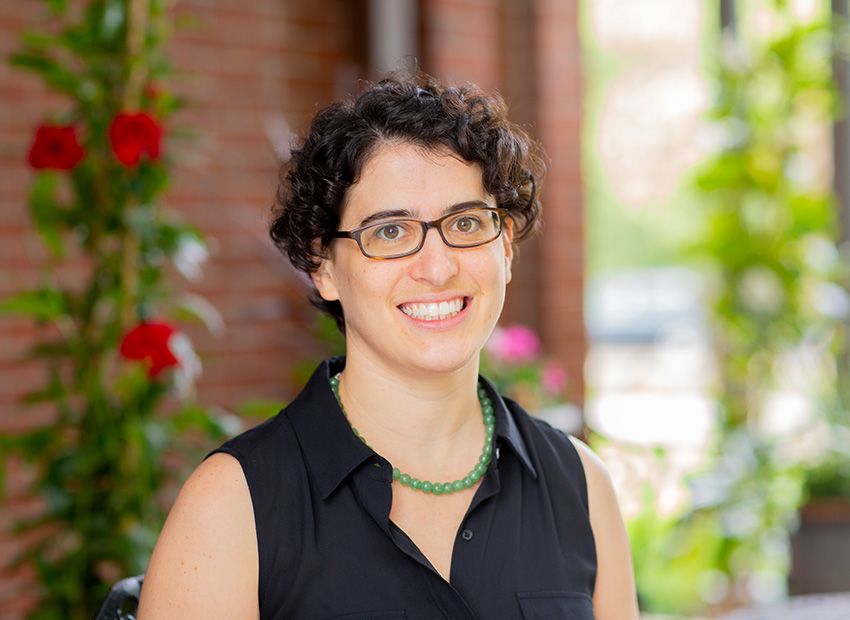What’s the difference between AP and IB Classes?
My fellow College Coach admissions consultants and I get asked quite a few questions every year about high school course selection and college applications. Colleges want to see you challenge yourself as much as possible in the context of your high school, and will not compare curriculum options across high schools. The majority of colleges do not have a preference between AP and IB classes, so you should instead focus on challenging yourself as much as possible with the classes available to you at your school.
The Advanced Placement (AP) Program
The AP program offers students a challenging, fast-paced learning environment. Generally taken in junior and senior year, students can pick which individual subjects to take at the AP level depending on what is offered at their school.
- AP courses are designed to be hands-on experiential learning opportunities. Whether students are analyzing primary source documents in a history class or monitoring the respiration rate of peas in a biology lab, the delivery of content extends far beyond rote memorization.
- Students are expected to manage their time and workload independently, just as they will in college.
- Students with strong scores may be granted college credit or advanced placement by the colleges where they matriculate. Every college accepts these exams differently, offering credit and/or placement based on different cutoff scores.
- Optional end-of-year national exams cost $89. Need-based fee reductions are available directly from The College Board.
- The IB Programme seeks to develop students as creative and analytical thinkers and communicators; coursework relies on class discussions and frequent written response or research projects.
- Schools must undergo extensive evaluation by the International Baccalaureate Organization regarding mission and philosophy before they can offer the IB program.
- The Full IB Diploma Programme for juniors and seniors requires that all students take college-level coursework in 6 core academic areas: English language and literature, foreign language, social science, experimental science, mathematics, and either the arts or a second subject in one of the first five core areas.
- Students can pursue individual IB courses through the Certificate program, which does not include any of the additional requirements mentioned below.
- To complete the Full Diploma, students are required to write a 4,000 word “extended essay.” Expanding on an academic area of interest under the guidance of an advisor, the project prepares students for the independent research, writing, and creative synthesis they will encounter in college.
- Students also engage in extracurricular activities that demand creativity, action, and service in personally enriching ways for an average of three hours per week.
- Full Diploma candidates must take exams in all six subject areas. Exams generally emphasize essays, response questions, case studies, and field work or oral presentations as appropriate.
- Colleges that award credit or placement for strong AP exam scores generally have similar policies for IB exams.
- One-time exam registration fee is around $150 and every exam taken costs about $100, though many schools subsidize these costs for students.






